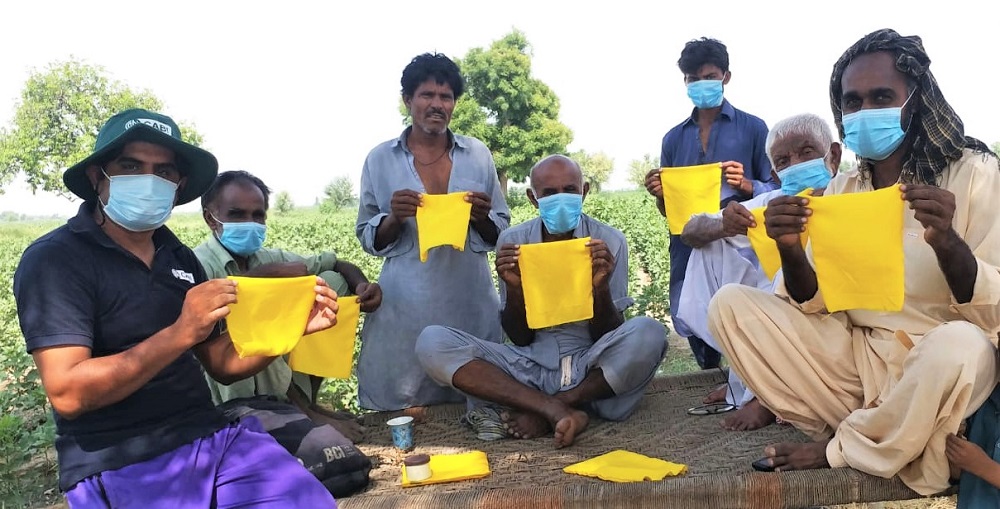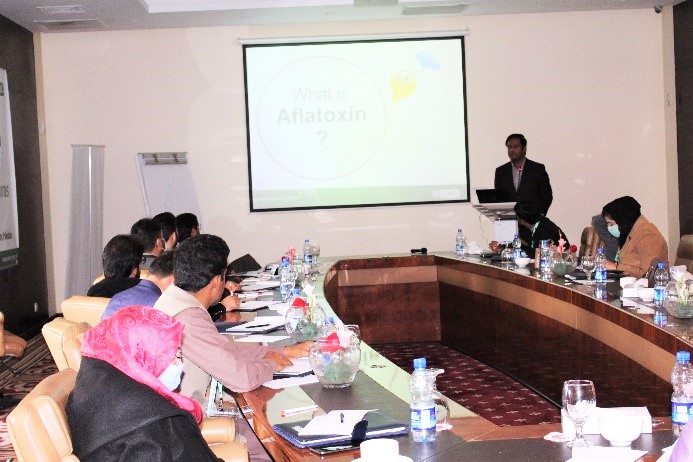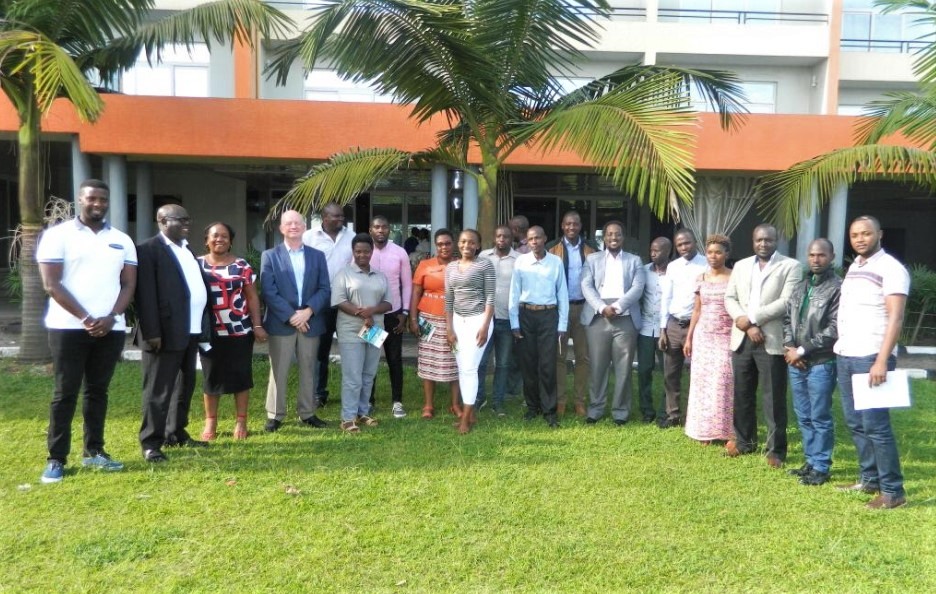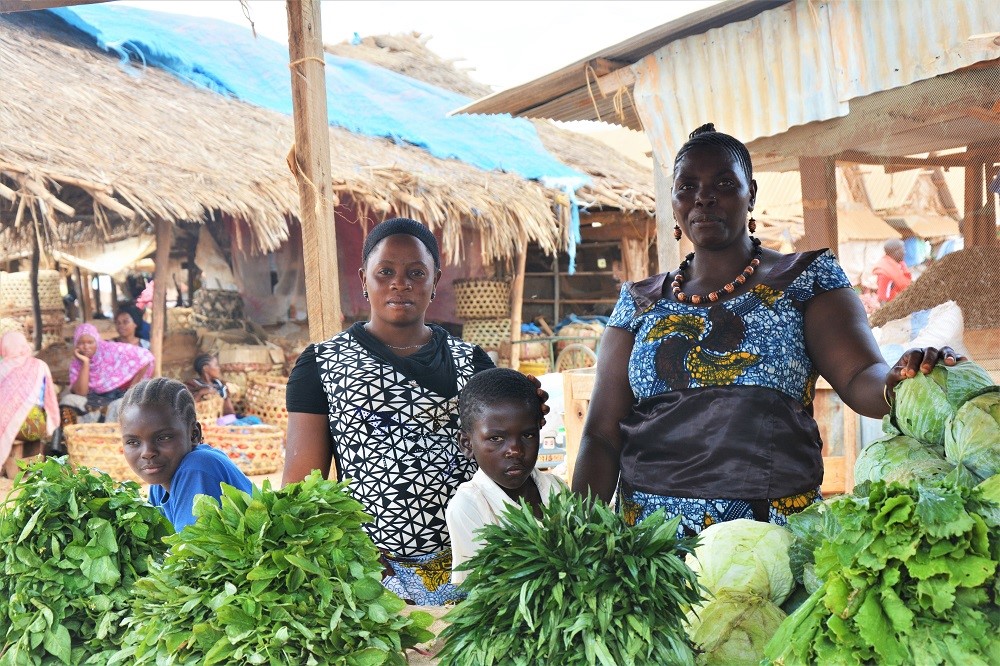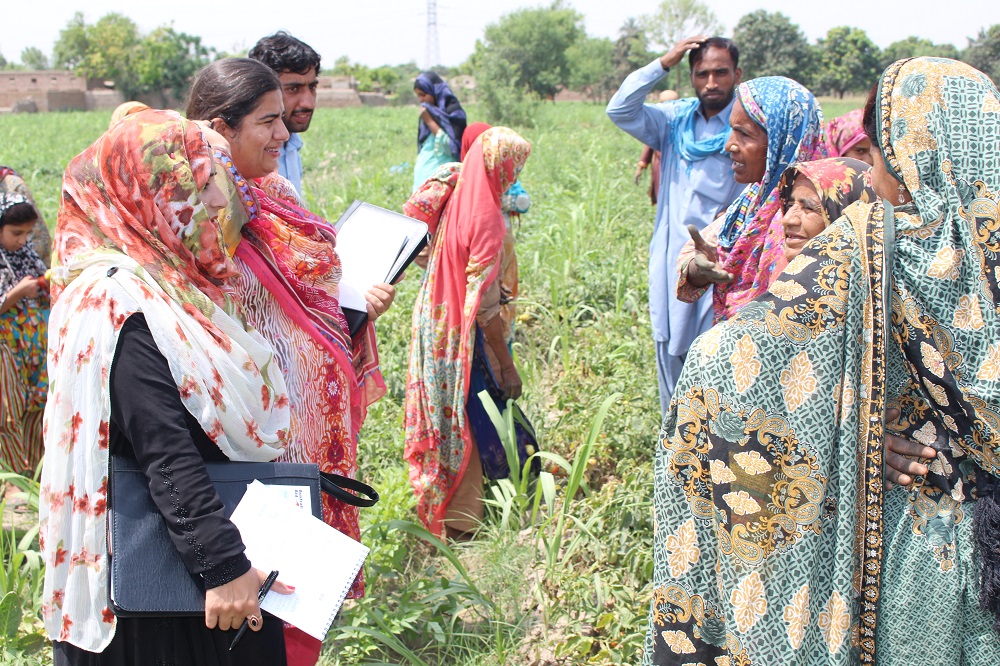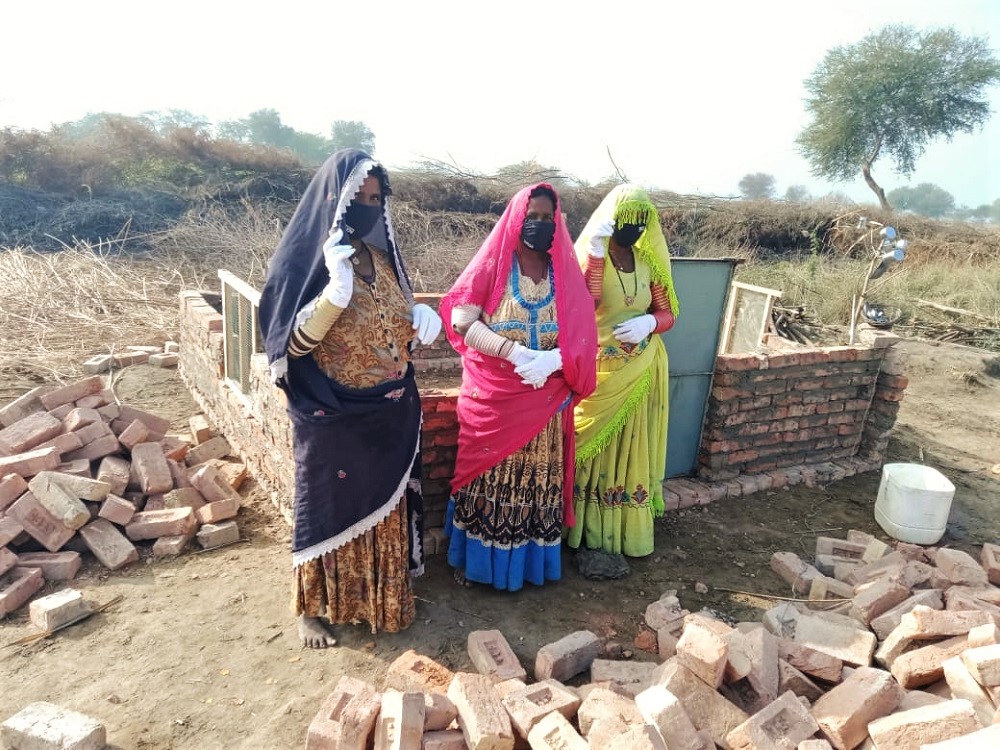CABI Blog
You are here: CABI Blog
Data sharing standards for soil: Why aren’t they taking root?
April 12, 2021
Ruthie Musker
No Comments
The arrival of the COVID-19 pandemic has put food security squarely on the global agenda. Combined with the existing challenges that climate change brings to agriculture and agroecology, the production of ample and nutritious food is now under threat as farmers struggle with social distancing and income loss – writes Ruthie Musker, Project Officer –…
3 ways that preprints help researchers in agricultural and plant sciences
April 12, 2021
Kelly Snell
No Comments
The use of preprints (pre-peer reviewed versions of scholarly papers) has accelerated in the last few years with many researchers now sharing their latest work with the scientific community before or in parallel to publication with a journal. After a slower start compared to other research fields, adoption of preprints in the plant sciences and…
Sustainable cotton production ‘through the eyes’ of a Better Cotton farmer
April 9, 2021
Noor Nabi Bhutto, Noreen Mangrio
No Comments
Mr Javed is a resident of the village Jameel Dall, union council Mir Imam Bux Talpur, in the district of Mirpur Khas in Pakistan. He has, since 2012, been one of the active farmers of CABI’s project to help improve cotton production which is run under the Better Cotton Initiative (BCI).
CABI helps build capacity of government stakeholders in Pakistan to tackle aflatoxins with biological controls
April 7, 2021
Babar Bajwa, Sabyan Faris Honey
1 comment
Aflatoxins are powerful fungal toxins that contaminate many agricultural products, including cereal grains, chilies, dry fruits and nuts. They also well affect milk because some livestock feed contains aflatoxin. In Pakistan, aflatoxin concentrations in harvested grain frequently exceed the level permitted in countries where aflatoxin in food and feed is regulated. The Aflatoxin Control in…
COVID vaccine: to jab or not to jab
March 30, 2021
Ruth Cross, Sally Foster
1 comment
In the midst of the COVID-19 pandemic, vaccination has been hailed as the light at the end of the tunnel. However, even though the UK is one of the top countries in the world for the number of vaccinations doses administered, there is mistrust and suspicion about the safety of the vaccine and the intentions…
International Trade in Forest Products
March 24, 2021
G. Cornelis van Kooten
No Comments
Because of the long-standing Canada-U.S. lumber trade dispute and the current pressure on the world's forests as a renewable energy source, much attention has been directed toward the modelling of international trade in wood products.
Strengthening extension trainings through digital tools in Rwanda
March 16, 2021
Abigael Mchana, Henry Mibei
No Comments
The role of extension staff in reaching smallholder farmers in Africa with relevant agricultural information cannot be underestimated, writes Abigael Mchana, Communications Officer, and Henry Mibei, Manager, Digital Development at CABI’s Africa Centre in Nairobi, Kenya. They are few in number compared to their clients in need of their expertise and often operate with scarce…
Overcoming obstacles to traditional African vegetable production for a strengthened food system
March 11, 2021
David Onyango
No Comments
The Power on your Plate summit recently took place in Arusha, Tanzania. This important pan-African event explored the role of traditional African vegetables in diversifying and strengthening food systems, reducing poverty, energising industry and improving health and income across Africa. During the summit, speakers considered ways in which obstacles can be overcome to boost traditional…
Social norms: why women farmers might not be getting ahead despite development support
March 8, 2021
Bethel Terefe
No Comments
On International Women’s Day, Bethel Terefe, Gender Coordinator, CABI takes a look at gender-related social norms and how they affect women’s futures in agriculture. Women play an important role in agriculture. Although they rarely control decision-making on family farms, women constitute 43% of the global agricultural workforce and are an undeniable asset to the sector.
Better Cotton Initiative is empowering rural women in Pakistan through entrepreneurship
March 8, 2021
Naheed Babar, Noor Nabi Bhutto, Noreen Mangrio
2 comments
As we celebrate International Women’s Day 2021 today (8 March) and its theme of ‘Women in leadership: Achieving an equal future in a COVID-19 world’, CABI’s Naheed Babar, Noreen Mangrio and Noor Nabi Bhutto highlight how CABI’s role in the Better Cotton Initiative is helping to empower women in Pakistan through entrepreneurship.
Subscribe to blog
DISCLAIMER
Views expressed in contributions do not necessarily reflect official CABI positions.
Archives
Categories
- Agriculture and International Development
- Veterinary and Animal Sciences
- Climate change and biodiversity
- Publishing
- Value chains and trade
- Crop health
- Environmental Sciences
- Human Sciences
- Tourism, Hospitality and Leisure
- Food and nutrition security
- Plant Sciences
- Gender and youth
- Digital development
- Development communication and extension
- Economic development
- Invasive species
- CABI Bioservices
- One Health




